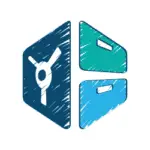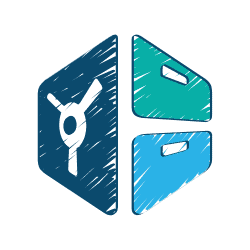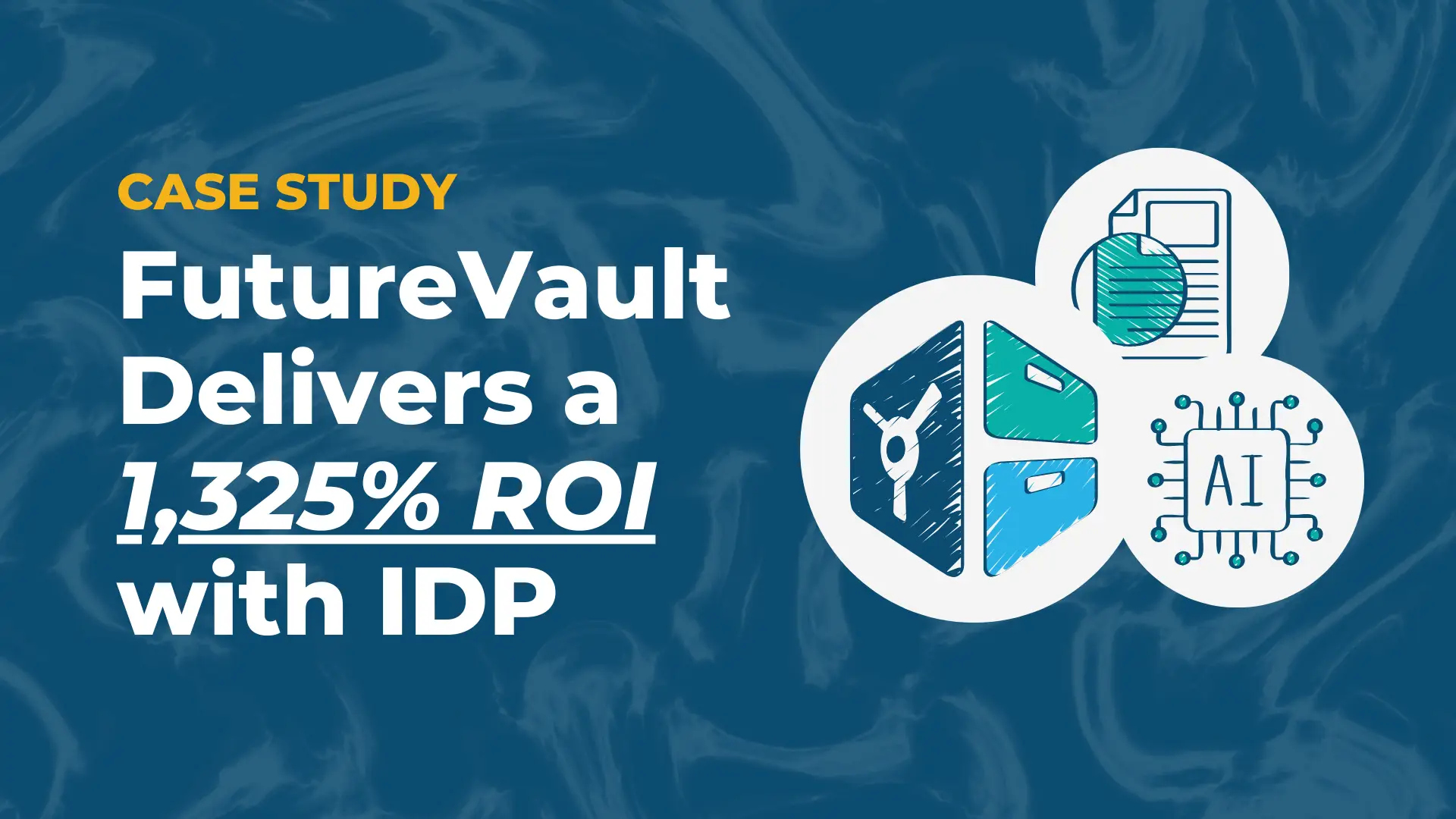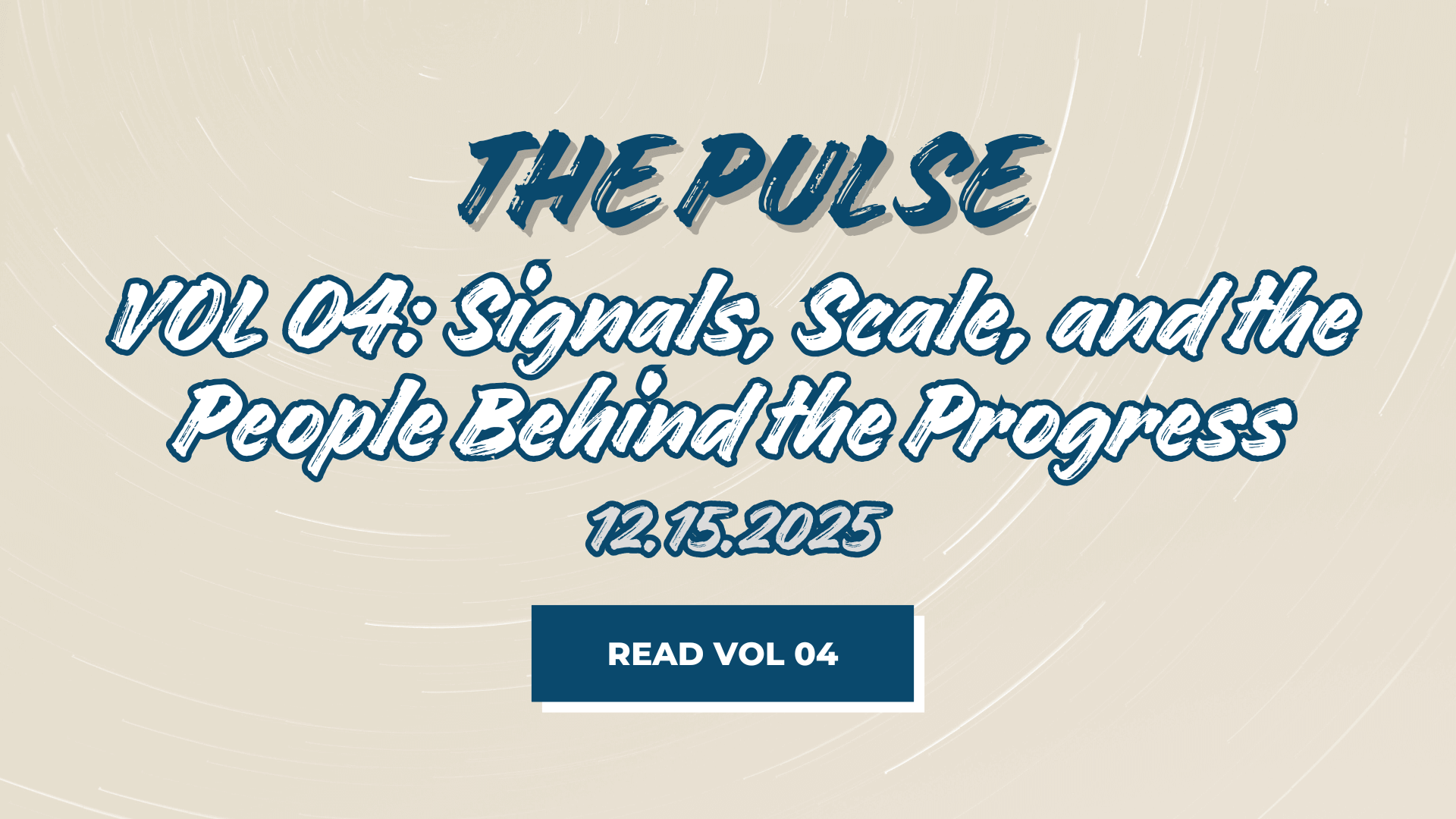The concepts of cloud storage, artificial intelligence and blockchain are by now familiar to most people. But few have explored the potential for combining the three technologies. Put them together and you get Document Intelligence Platforms — which have the potential to forever change how we store, analyze and use information in our most personal documents.
In recent years, we have grown used to expecting companies we trust to push information at us in bite-sized chunks without even having to ask. Think about how services like Mint pull information from your bank and brokerage accounts to produce insights into your financial situation, such as your total net worth or whether this month you are spending more or less than normal on expenses like utilities. Now, the same idea could be applied to all of your important information, using a Document Intelligence Platform that can pull data from a structured filing cabinet and transform it into powerful insights.
In the next two years alone, the world will create 40 zettabytes of data — that’s about 4 million years of high-definition video, or five billion-times all the information in the U.S. Library of Congress — as a growing number of people rely on digital document storage on services such as Dropbox, Google Drive, and others. But these kinds of repositories, which lack structure and intelligence, make retrieving information difficult because file names don’t follow rules and associated files are not linked with each other.
A number of companies are working on end-to-end Document Intelligence Platform solutions. At FutureVault, we have developed a Smart Filing Cabinet that will analyze documents as they are stored and then assist in filing those documents in the correct location like a built-in librarian. But the system goes so much further than being a great filing clerk. It summarizes key information and produces a quick access summary form, reminds the user of important events, and recommends documents that are associated with each other. Future plans may include the authentication of documents using blockchain technology. And, by defining thousands of relationships between documents stored in a very structured taxonomy, the system can create workflows to help users be more efficient with their time.
For example, the Smart Filing Cabinet could tell a FutureVault user that they need to file an important tax document next week, or alert the user that they don’t have mortgage insurance since there are documents in a mortgage folder, but the mortgage insurance folder is empty.
Using AI technology, the system can provide direction to automate important life tasks by securely analyzing documents, recommending storage locations, eventually even naming them and then fully destroying any record of the data (since it is only read from short-term memory and never recorded or seen by any human.) Throughout the process, the document remains fully encrypted and only the customer holds the decryption key. As DIP technology matures, forgetting things and losing important documents should become a thing of the past.





